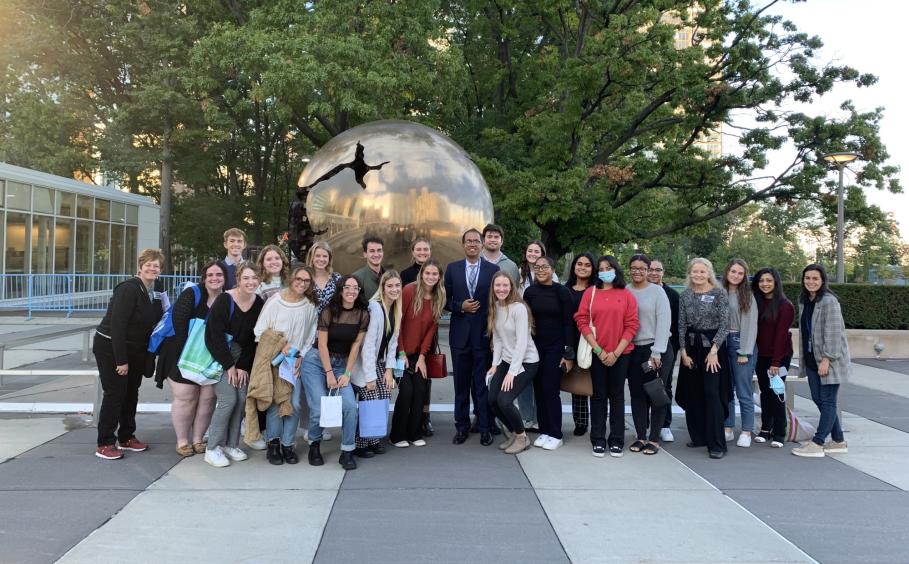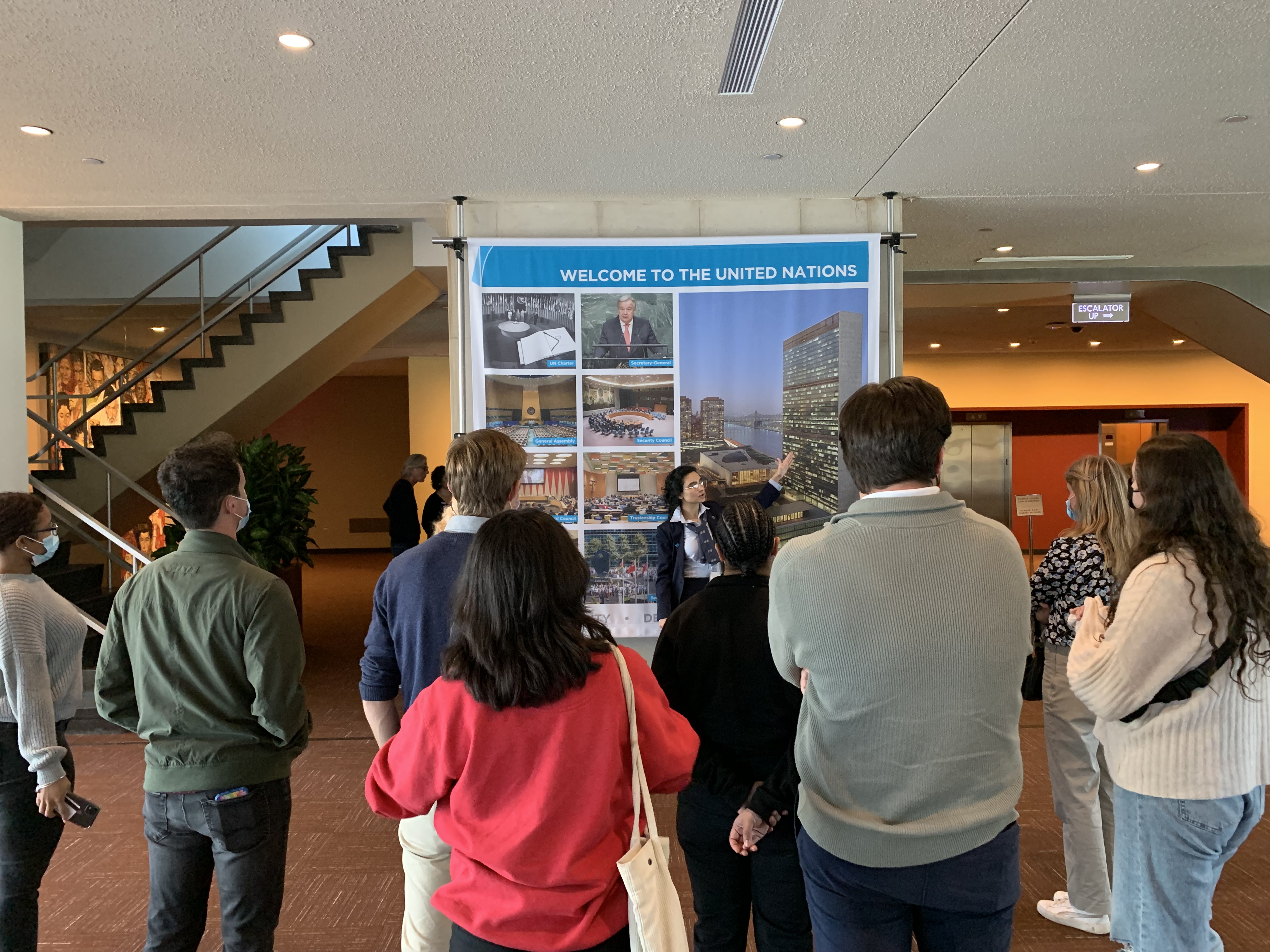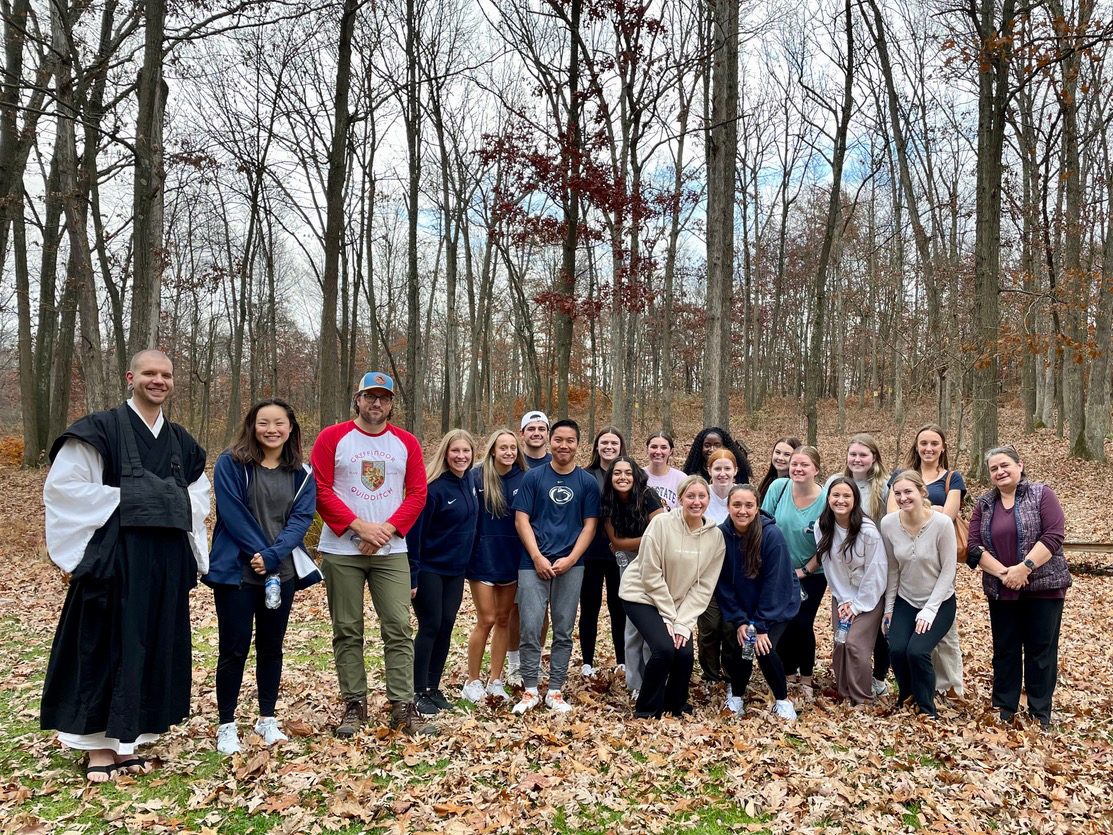-
About
ExploreUp a level (this gets replaced in JS)
-
Getting Started
Explore
-
Commitment to Diversity
Explore
-
Expertise
Explore
-
Strategic Plan
Explore
- Discover BBH
- Visit and Apply
- Contact
- Donate
-
Getting Started
-
Undergraduate
ExploreUp a level (this gets replaced in JS)
-
Getting Started
Explore
-
Student Support
Explore
-
Get Involved
Explore
-
Get Connected
Explore
-
Gain Experience
Explore
-
Diversity and Inclusion
Explore
-
Alumni Engagement
Explore
- Discover BBH
- News and Events
- Visit and Apply
- Contact
-
Getting Started
-
Graduate
ExploreUp a level (this gets replaced in JS)
-
Getting Started
Explore
-
Next Steps
Explore
-
Get Involved
Explore
-
Gain Experience
Explore
-
Diversity and Inclusion
Explore
-
Alumni Engagement
Explore
-
Visit and Apply
Explore
- Discover BBH
- News and Events
- Graduate Admissions
- Contact
-
Getting Started
-
Research
ExploreUp a level (this gets replaced in JS)
-
Ongoing Research
Explore
-
Resources
Explore
-
Get Started
Explore
-
BBH Affiliates
Explore
- Discover BBH
- News and Events
- HHD Research
- Contact
-
Ongoing Research
-
Alumni
Explore
-
Outreach
Explore
-
Contact
ExploreUp a level (this gets replaced in JS)
-
BBH Contacts
Explore
-
College Contacts
Explore
- Discover BBH
- News and Events
- Visit and Apply
-
BBH Contacts
-
Departments
Explore
-
Research Centers
Explore
-
Central Administration
Explore
-
Training and Support
Explore
- Contacts/Directory
Search 
Experiential Learning

The Department of Biobehavioral Health is incorporating new experiential learning opportunities into the required courses and electives. These opportunities offer students insight into real-world experiences and a chance to see first-hand what some jobs entail.
Experiential learning in Biobehavioral Health
- In BBH 143: Drugs, Behavior, and Health, students took a trip to Peniel Drug and Alcohol Rehabilitation Center in Johnstown, Pennsylvania.
 In BBH 305: Introduction to Global Health, students went to the United Nations, attended a policy briefing on the economic forecast, and visited the Schar Cancer Institute, learning about the psychosocial impacts and health disparities related to cancer.
In BBH 305: Introduction to Global Health, students went to the United Nations, attended a policy briefing on the economic forecast, and visited the Schar Cancer Institute, learning about the psychosocial impacts and health disparities related to cancer.
- In BBH 368: Neuroanatomy, Behavior, and Health, students visited Penn State Health Milton S. Hershey Medical Center to participate in brain dissections to help students better understand neuroanatomy.
- In BBH 440: Principles of Epidemiology, students spent the day at the PA Bureau of Epidemiology to learn about a day in the life of an epidemiologist.
- In BBH 451: Pharmacological Influences on Health, students visited Sigma-Aldrich to learn about research, development, and manufacturing of pharmaceutical drugs.
 In BBH 432: Biobehavioral Aspects of Stress, a.k.a. "the stress class," students took an experiential learning field trip to O-An Zendo, a meditation center in central Pennsylvania. The class reviewed scientific evidence of the biological, behavioral, and health benefits of regular meditation, and had the opportunity to learn and practice several meditation techniques, guided by Meido Barbara Anderson and Taishan Michael Augustin. After the trip, students completed a self-reflection on their experience and identified aspects of the trip that were most impactful, including how they could implement specific meditation techniques into their daily lives.
In BBH 432: Biobehavioral Aspects of Stress, a.k.a. "the stress class," students took an experiential learning field trip to O-An Zendo, a meditation center in central Pennsylvania. The class reviewed scientific evidence of the biological, behavioral, and health benefits of regular meditation, and had the opportunity to learn and practice several meditation techniques, guided by Meido Barbara Anderson and Taishan Michael Augustin. After the trip, students completed a self-reflection on their experience and identified aspects of the trip that were most impactful, including how they could implement specific meditation techniques into their daily lives.


